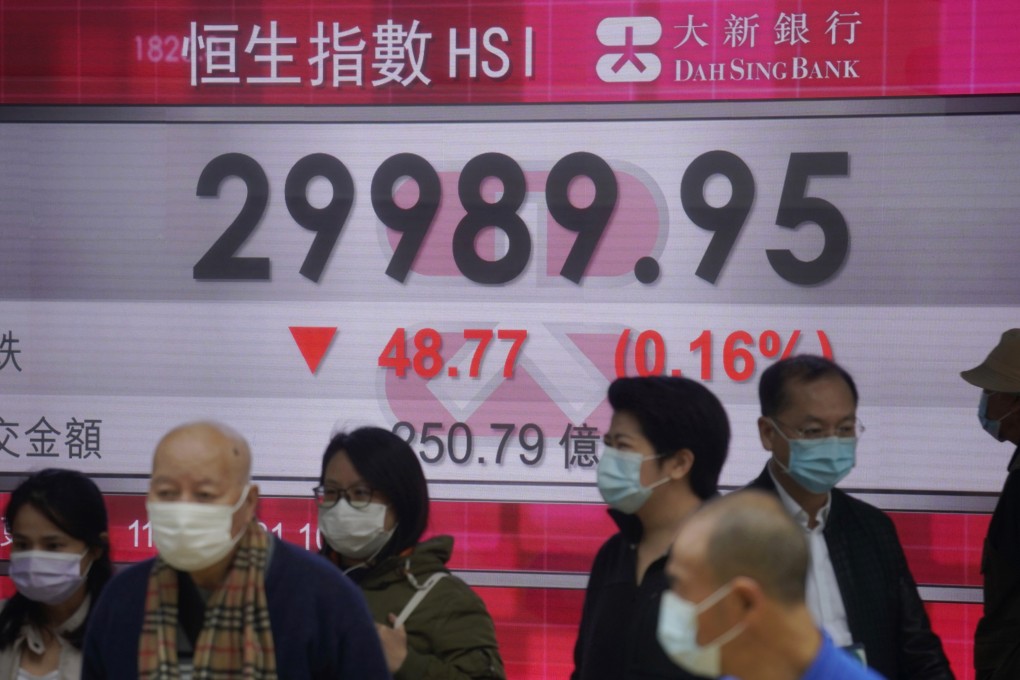Innovation, not low costs, will energise Hong Kong stock market, finance chief says in defending tax increase
- Paul Chan doubles down on commitment to raising the stamp duty on stock transactions to 0.13 per cent on August 1, in spite of objections from the industry
- ‘We are not in a race to compete on low costs, instead, we need to come up with innovative policies,’ he says

Raising the tax on stock trading in Hong Kong will not undermine the city’s competitiveness as a global financial hub, a top official has said, arguing it is innovative policies rather than low costs that will energise the market.
On Thursday, he doubled down on his determination to promulgate the plan on August 1, over the industry’s objections.
Chan said investors were primarily trading mainland securities on the Hong Kong stock exchange, where more than half of about 2,100 listed companies were from China. Those mainland firms also accounted for 80 per cent of the market capitalisation and 90 per cent of the turnover in the local bourse, he said.
“That effectively means investors are trading in Chinese companies listed in Hong Kong or through the [transborder trading] stock connect schemes and are bullish about the country’s economic development,” he told a radio show. “Overseas investors’ growing interest in Chinese stocks is an irreversible trend.”
Therefore, he said, Hong Kong’s key competitor in stock trading was mainland markets, which charge a 0.1 per cent levy on investors who sell stocks, in addition to restrictions on capital accounts.
In Hong Kong, the stamp duty only applies when investors buy or sell a stock.